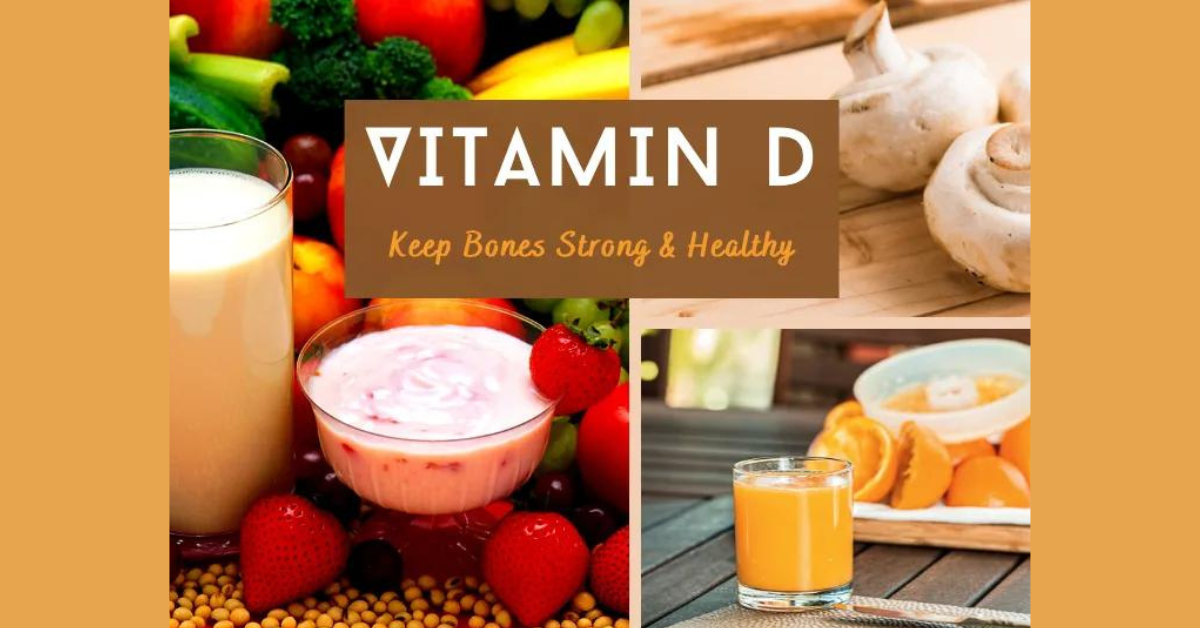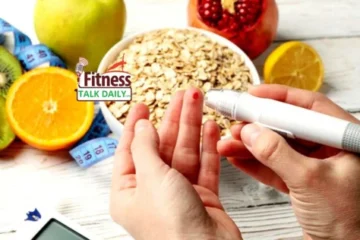Introduction :-
Vitamin D, often called the “sunshine vitamin,” plays a vital role in maintaining bone health, immune function, and overall wellness. During winter, limited sunlight can lead to vitamin D deficiency, especially for those following a vegetarian diet. Fortunately, there are several plant-based foods that can help you meet your daily vitamin D needs naturally.
In this article, we’ll explore 8 vegetarian foods to beat vitamin D deficiency in winters and tips on incorporating them into your diet.
Why Is Vitamin D Important?
Vitamin D is crucial for:
- Strengthening bones by aiding calcium absorption.
- Boosting immunity, reducing the risk of infections.
- Enhancing mood by combating seasonal affective disorder (SAD).
- Promoting muscle health and reducing inflammation.
Unfortunately, many people face a deficiency during the colder months due to reduced sun exposure. Vegetarians, in particular, may find it challenging to source enough vitamin D, as most natural sources are animal-based.
8 Vegetarian Foods to Boost Vitamin D Levels
1. Fortified Plant-Based Milk
Many plant-based milks, such as almond, soy, and oat milk, are fortified with vitamin D. Check the label for varieties enriched with vitamin D2 or D3.
| Serving Size | Vitamin D Content |
|---|---|
| 1 cup (240 ml) | 100-120 IU |
Pro Tip: Use fortified milk in smoothies, cereals, or as a base for soups.
2. Mushrooms Exposed to Sunlight
Certain types of mushrooms, like portobello and maitake, produce vitamin D when exposed to sunlight. These mushrooms contain vitamin D2, a plant-based form.
| Serving Size | Vitamin D Content |
| 100 g | 230-450 IU |
How to Use: Sauté mushrooms with herbs, add them to stir-fries, or bake them as a healthy side dish.
3. Fortified Orange Juice
Some orange juice brands are fortified with vitamin D and calcium, making them a tasty addition to your winter mornings.
| Serving Size | Vitamin D Content |
| 1 cup (240 ml) | 100 IU |
Quick Tip: Opt for 100% natural juice with no added sugar for maximum health benefits.
4. Fortified Breakfast Cereals
Many whole-grain cereals are enriched with essential nutrients, including vitamin D. Pair them with fortified plant-based milk for a double boost.
| Serving Size | Vitamin D Content |
| 1 cup (30 g) | 40-100 IU |
5. Tofu
Fortified tofu is an excellent source of vitamin D for vegetarians. It’s versatile, low in calories, and packed with protein.
| Serving Size | Vitamin D Content |
| 100 g | 100-120 IU |
Cooking Tip: Add tofu to curries, salads, or stir-fries for a nutrient-packed meal.
6. Chanterelle Mushrooms
These wild mushrooms are a natural source of vitamin D2 and are perfect for hearty winter dishes.
| Serving Size | Vitamin D Content |
| 100 g | 212 IU |
7. Cheese (Vegetarian)
Some types of cheese, such as Swiss and ricotta, contain small amounts of vitamin D. While not fortified, they can contribute to your daily intake.
| Serving Size | Vitamin D Content |
| 1 slice (28 g) | 6 IU |
8. Egg Yolks (From Free-Range Hens)
Although technically not vegan, egg yolks from free-range hens contain higher vitamin D levels due to their outdoor exposure.
| Serving Size | Vitamin D Content |
| 1 yolk | 41 IU |
Tips to Maximize Vitamin D Absorption:-
- Pair with Healthy Fats: Vitamin D is fat-soluble, so consume these foods with healthy fats like nuts or avocado.
- Take Supplements If Needed: Consult your doctor for a vegetarian-friendly vitamin D3 supplement.
- Get Sunlight: Spend 10-30 minutes in the sun daily, if possible.
Maintaning Adeguate :-
Maintaining adequate vitamin D levels during winter is essential for your overall health, especially if you follow a vegetarian diet. By incorporating these 8 vegetarian foods into your meals, you can naturally boost your vitamin D levels and stay healthy throughout the season




